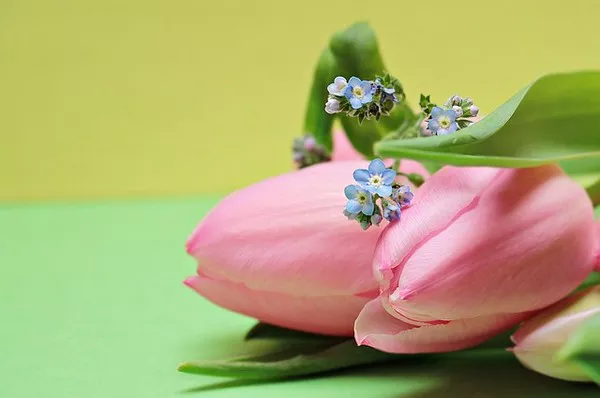The Netherlands’ flourishing flower and plant export industry is anticipated to conclude the initial three quarters of 2023 with an export value of 5.3 billion euros, revealing a 4% decrease. This report has been delivered by the Association of Wholesalers in Flower Nursery Products (VGB), who based their findings on the Floridata export statistics. Specifically, cut flowers have seen a 5% reduction in value, amounting to 3.2 billion euros, while plant exports experienced a 3% dip, bringing their value to 2.1 billion euros.
This decline in value can be attributed to the escalating operational costs in sectors critical to the flower and plant industry, such as transportation, energy, and labor. Moreover, the market demand for flowers and plants has not been keeping pace with these financial pressures. When examining export destinations, it is evident that exports to the United Kingdom and France have considerably decreased, with Germany also experiencing a notable drop. Notably, Belgium stands as the exception within the top 10 markets, with a slight increase in trade. Matthijs Mesken, the Director of the VGB, remarked on the current situation, stating, “In addition to the ongoing crisis in Ukraine, which has cast a shadow of uncertainty, we are also witnessing the complexities in Israel. The situation unfolding there is undeniably distressing. Strangely enough, it also bears implications for our floriculture sector.”
This ripple effect is linked to the Netherlands’ extensive engagement with more than 200 Israeli growers, from whom Dutch traders source flowers and plants, generating an annual revenue of €15 million. The export of Dutch flora to Israel has been suspended, further affecting the industry’s overall performance. Mesken expressed hope for a swift resolution to the ongoing conflicts, emphasizing the importance of peace and reconciliation for the wellbeing of all parties involved.
Looking ahead, exports in the Dutch flower and plant sector are expected to contract by 4% for the entirety of this year.


